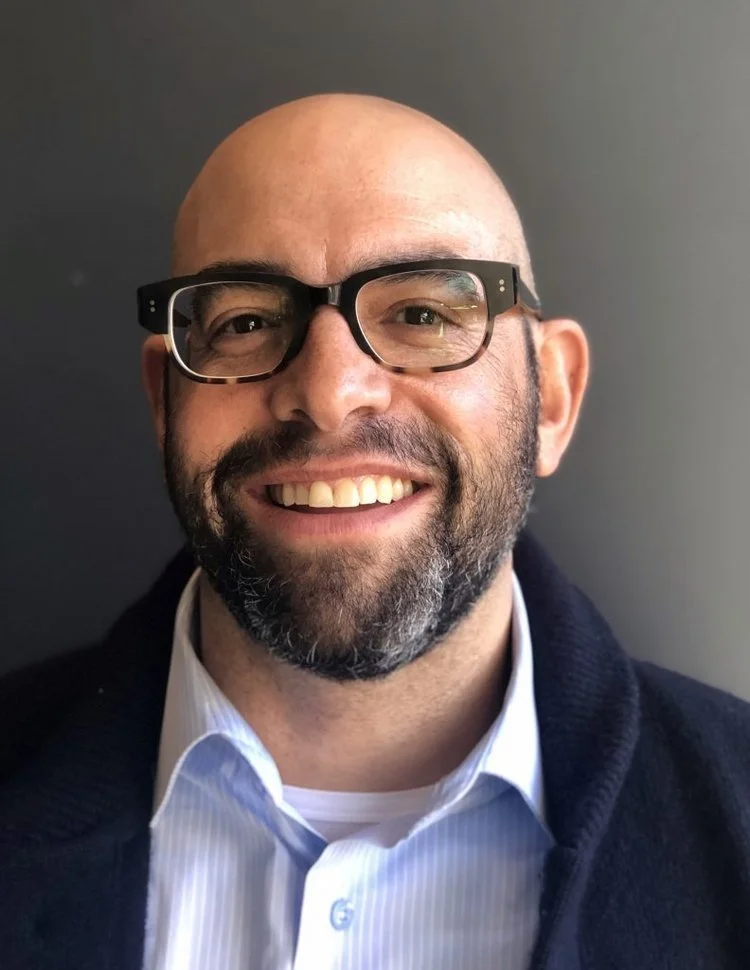Healthcare Executive Coaching: Seven Keys to Success
(We spoke this past week at the Academic Orthopaedic Business Leadership Symposium, on Effective Leadership Strategies, and Building Effective Teams to Drive Performance. )
1. Appreciate that they are Facing Unique Challenges
The challenges facing physician leaders are unique. Physicians don’t have the time or energy to teach even the most effective executive coaches about their world. To get their attention, and to establish credibility, you need to understand their world.
2. Understand their Unique Training
Some parts of healthcare executive coaching are assets in leadership. If you are going to coach physician leaders, though, you need to understand their training, how they approach problems, and when their training might be a barrier.
See our Recent Blog: The Myth of the Strong, Charismatic, Physician Leader.
3. Don’t Assume that Physicians are good at Healthcare Executive Coaching
Some physicians are gifted coaches. Just like the best football player isn’t always a good coach, however, clinical skills don’t necessarily translate into coaching skills.
KevinMD - Why don't more doctors hire coaches?
Alan Friedman, M.A., Founder and CEO, J3P
4. Balance a Direct Communication Style, with Emotional Support
Physician leaders are often brilliant, driven, and used to succeeding at every phase of their career. When they are being honest, though, they might admit they aren’t prepared for the physician challenges they are facing. Nearly every physician leader we work with admits to a sense of “imposter syndrome”. They need be comfortable sharing – and see you as a support system. But they, also, appreciate a direct/frank approach to difficult situations. It’s how they are trained clinically. Be direct. Be honest. Be concise. Be clear.
5. Focus, First, on the Individual
Physicians approach many situations with a healthy skepticism. It’s part of their clinical training. They also have often not been exposed to the idea of self-awareness as the foundation for leadership effectiveness. Gain their trust by starting with the idea that the goal is to help them to succeed, as an individual.
When you do this, they get comfortable being vulnerable-enough to examine where they need to grow. Sometimes, this means you, as a coach, need to use the “self-as instrument” to demonstrate what vulnerability looks like. It also helps to ground the work in real-world challenges. Focus on solving real problems and achieving an outcome.
Stop Labeling Physicians as “Disruptive”
6. Encourage them to Re-Think Relationships
As leaders, they NEED to develop effective relationships, especially with administrators. This takes energy, and vulnerability, and willingness to be accountable for more than just yourself – to think about the team, and the organization.
7. Challenge Them
Help them to define their goal and understand what it will take to get there. Then challenge them to take on the challenge of growth. When the light bulb goes off, they tend to respond and embrace that challenge.
Our Approach
There are many ways to approach healthcare executive coaching. Ours is a bit unique in a few ways:
This is all we do. Our coaches work exclusively with physicians and physician leaders.
Our work spans the entire physician career continuum - medical school, residents, fellows, and up through the C-suite. So, we understand the entire physician experience.
Our initial focus with clients is to understand the challenges from THEIR point of view, even if we are hired by the employer. Then we focus on the role of personality tendencies…creating a foundation of enhanced self-awareness.
Then we co-create a plan for the individual’s success – but in the service of the Department/organization.
We facilitate a conversation between the physician and the organizational sponsor. This builds a more collaborative relationship, and mutual accountability for success.
We then deploy a proprietary, physician-specific, research based, 360-degree behavioral assessment. This links the personality tendencies to what the participant is looking to achieve
The remaining time together is spent focusing on specific scenarios strategically that will assist in accomplishing the client’s goals.


